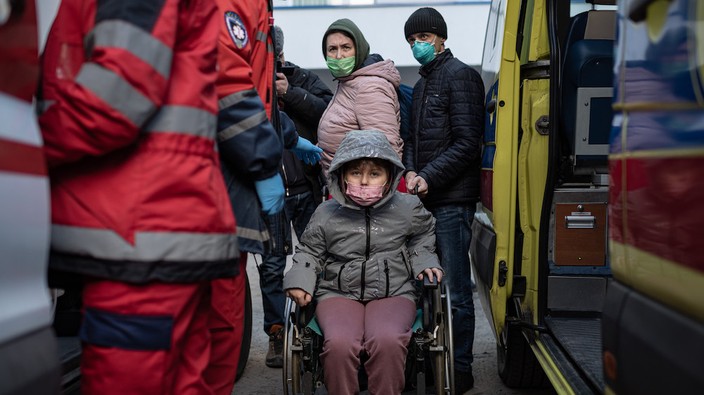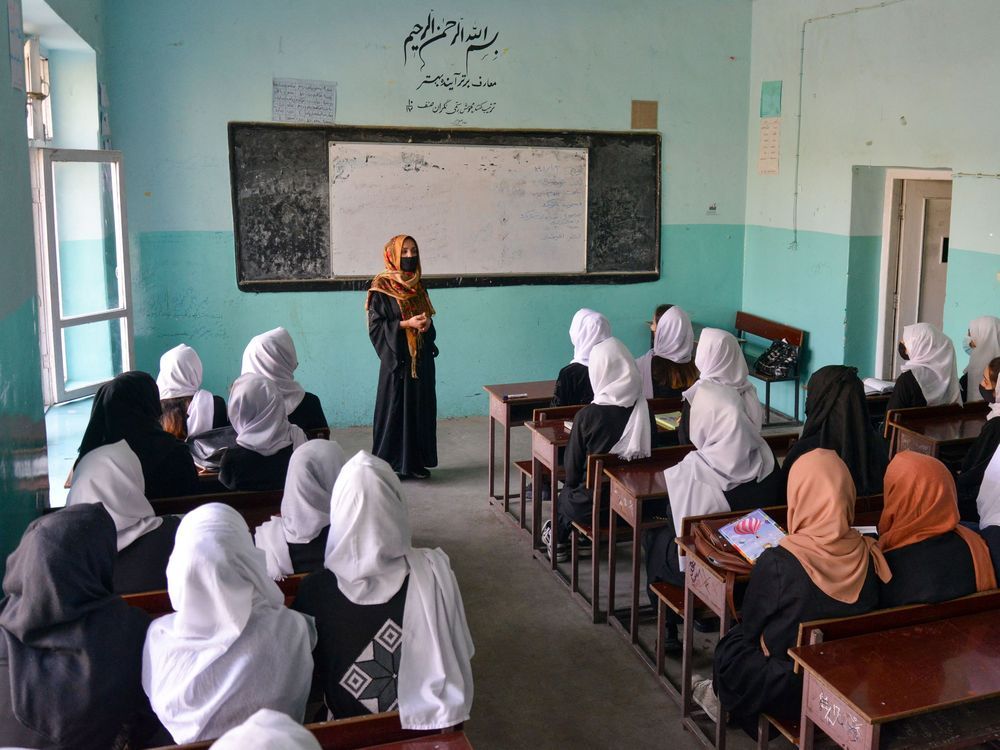conversations about how to help always seem to net out the same way: what is the right thing to do? well, save lives, of course.
no doubt, advocating for anything is not for the faint of heart — it doesn’t matter if you’re talking about breaking and entering to save a dog, staring down the prickly administrator at your mother’s long-term care home who won’t let you visit, or lying to a border official to get medication to someone who will die without it. it all takes grit.
get in trouble, or save a life?
and in case you are having trouble wrapping your head around why anyone would take risks to make a difference, simply put yourself, or your child, or the love of your life, in the place of the person in need: you would want someone to help. desperately.
“if it comes down to getting into trouble or saving a life, i am going to save a life,” one colleague said firmly, as the conversation turned to the legal ramifications of moving medication across borders in a war.
even in the best of times, getting drugs across borders is not easy, between the licensing and medical authorizations that are needed (none of which are happening right now), not to mention the amount of time (which we don’t have) it takes to get all of this organized — and then there’s the cost. in a war, this kind of coordination is pretty much impossible.
 6 minute read
6 minute read








